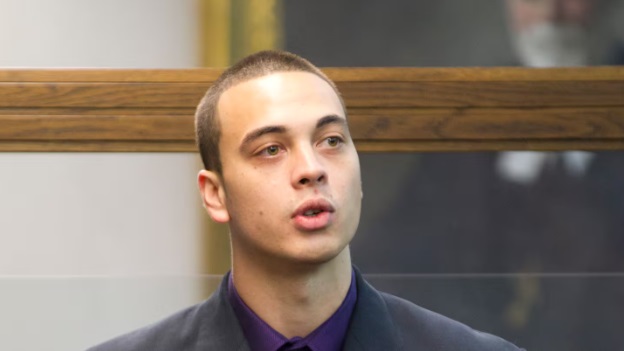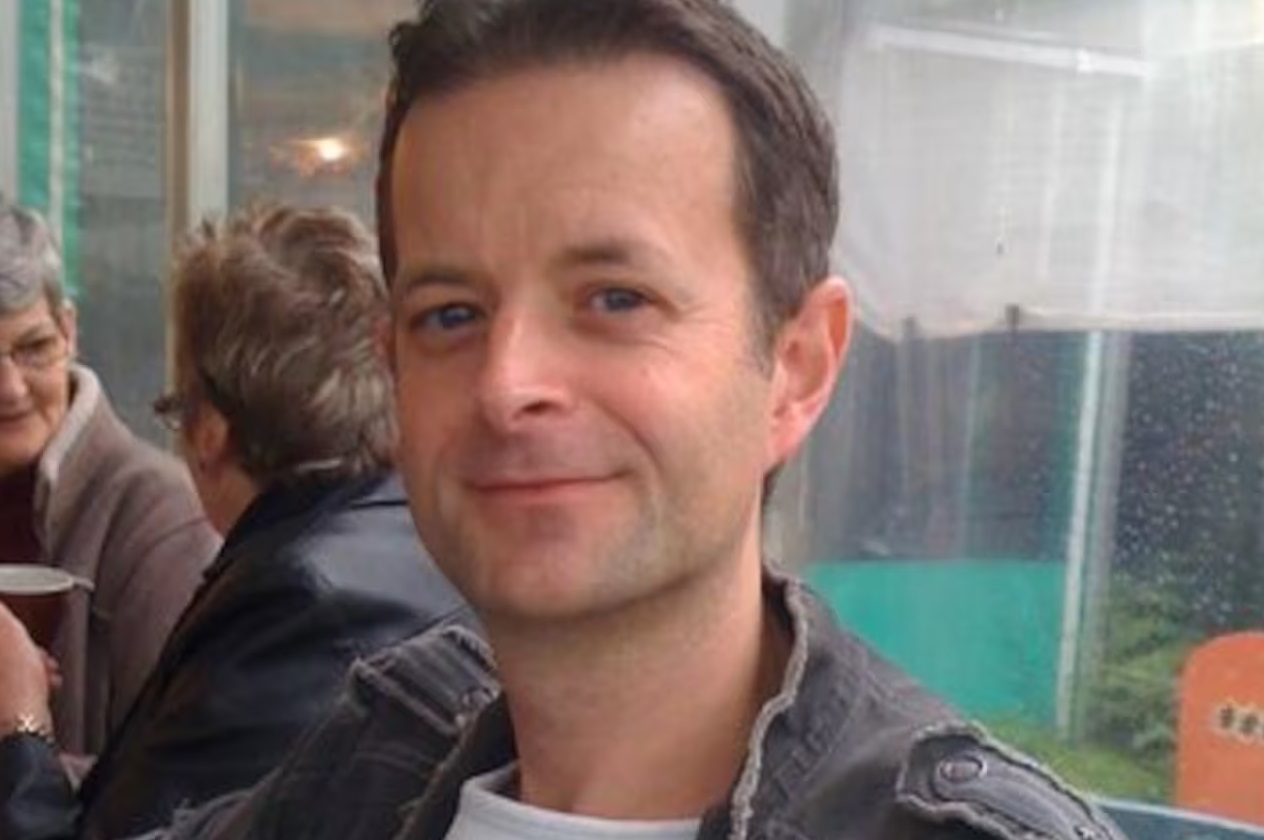
Nicho Waipuka’s impending freedom has been described as “messed up” by the sister of his victim, Radio New Zealand journalist Phillip Cottrell.
Waipuka appeared before the New Zealand Parole Board on Wednesday seeking release after spending almost 13 years in prison for the manslaughter of Cottrell in 2011.
While the board declined to parole him, Waipuka’s statutory release date is later this year. He will not go before the board again.
“It’s really worrying that he’s been behind bars for [almost] 13 years and doesn’t seem to have wanted to change,” Cottrell’s sister, Sue Hollows, told NZME after the hearing.

“It’s concerning.”
Waipuka killed Cottrell after spotting him walking down Boulcott St in Wellington having just finished a shift at Radio New Zealand.
The then-20-year-old crossed the road to approach Cottrell then punched him in the head, kicked him and stomped on him, causing his skull to shatter and his arm to fracture.
Waipuka, who had gone to town looking for a fight, stole Cottrell’s wallet and fled the scene.
Cottrell, who had brittle bones as a result of a genetic condition, died in hospital the next day.
Only 17 days earlier, Waipuka had been in court for punching a stranger in the head.
The judge at the time gave him one “last chance” by imposing intensive supervision rather than jailing him.

The sentence of 12 years and 10 months' imprisonment followed a two-week murder trial in which Waipuka was found guilty of manslaughter, while his co-accused, Manuel Robinson, 18, was acquitted of all charges.
Waipuka became eligible for parole eight and a-half years after he was sent to prison but has never satisfied the board that he is safe for release.
On Wednesday, panel member Carolina Tiumalu asked Waipuka why the board should consider him for parole.
“I don’t really know what to say,” he responded.
While Tiumalu noted Waipuka had completed some programmes while behind bars, his lawyer conceded he had lost motivation to engage in any further treatment or seek psychological help.
Tiumalu pressed him about his offending against Cottrell.
“When you reflect on offending that brought you to prison, what do you think about the consequences of your behaviour that night?” she asked.
“I can’t really say anything on that,” Waipuka said.
“What was going on in your life at the time, going out wasted and ultimately leading to the death of this victim?”
“I dunno, just young I guess,” was his response.
Tiumalu tried a third time; “There are a lot of young people who don’t go out and do that, so what was going on for you at that time?”
“Not sure,” he replied.
Waipuka was equally reserved about his involvement with the Killer Beez behind bars, refusing to answer any questions from the board about the gang.
“I don’t want to elaborate on that question,” he said, “It’s irrelevant.”
The board noted that Waipuka had a few recent blips on his prison record which included fighting, being found with home-brew alcohol and a smoking pipe as well as threatening prison staff.
“I just feel like being enclosed all the time it’s kind of hard to play the game all the time,” he said.
“The last fight I had was self-defence, I’m not really going out looking for fights.”
When asked what he wanted to do when he got out, Waipuka said he just wanted to get on with his life, spend time with his family and start one of his own.
In declining his bid for an early release, the board noted he was still a high risk of reoffending and recommended he undergo psychological counselling before leaving prison.
Following Waipuka’s last appearance before the board, the panel recorded in a written decision that he was unmotivated to complete any rehabilitation programmes as he neared the end of his sentence.
It said Waipuka had been dismissed from his prison employment, had been abusive and threatening towards staff and had assaulted a fellow prisoner.
“It seems that in recent times Mr Waipuka has not addressed his violence, and the misconducts that have occurred appear to be the result of him not liking what is said to him or the attitude of others.
“That probably reflects his current attitude in not wanting to engage in any courses and it is unfortunate because if and when Mr Waipuka is released and he finds that he is not happy with someone who has looked at him or said something to him, then it is highly likely there will be another victim.”
The board then recommended he complete a short course on violence prevention, which today’s hearing revealed he had not done.
Cottrell’s sister told NZME that if she could speak to Waipuka directly, she would tell him to sort his life out.
“Try make something of your life, try to do something good in this world,” Hollows said.
“But I don’t think that’s what’s going to happen though.”
- By Jeremy Wilkinson
- Open Justice multimedia journalist, Palmerston North










